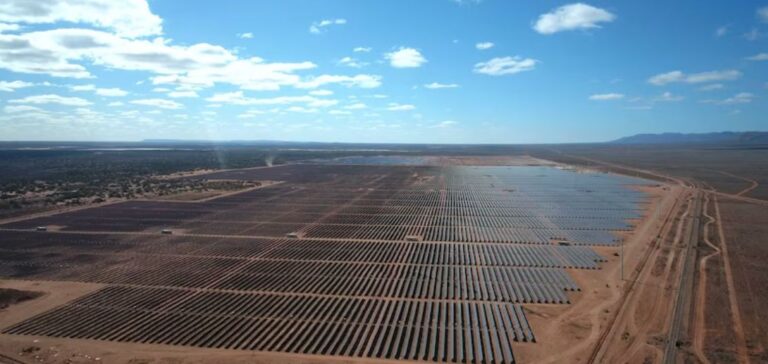Vast Renewables Limited (Nasdaq: VSTE) and Mabanaft have announced a joint development agreement for the Solar Methanol 1 (SM1) green methanol plant in Port Augusta, Australia. This project, located at the Port Augusta Green Energy Hub, aims to produce 7,500 tonnes of green methanol a year using Vast’s CSP (concentrated solar power).
CSP Technology and Green Methanol Production
Methanol is a crucial hydrogen derivative for many industries. The SM1 plant will use renewable heat from Vast’s 30 MW / 288 MWh CSP plant. According to a report by engineering group Fichtner, the use of CSP could reduce the production costs of alternative fuels by 40%. The success of this project could unlock green methanol production in Australia, with potential exports to Germany and other global markets.
Financing and International Partnerships
The SM1 project is receiving financial support from ARENA (Australian Renewable Energy Agency) to the tune of AUD 19.48 million, and Mabanaft will receive up to 12.4 million euros from the German government via PtJ (Projektträger Jülich), as part of the HyGATE partnership between Australia and Germany. This funding is designed to support concrete projects along the hydrogen supply chain.
Mabanaft’s commitment to future development
Mabanaft is actively committed to expanding its range of sustainable energy solutions. The joint development agreement includes a framework agreement securing takeover rights for Mabanaft for future green fuel projects using Vast’s technology, enabling Mabanaft to supply its marine customers seeking to decarbonize their operations.
Collaboration and Technical Expertise
Vast and Mabanaft are collaborating with the Solar Methanol Consortium, supported by Calix, an Australian technology company, as the main CO2 supplier, and ASTRI (Australian Solar Thermal Research Institute). Craig Wood, CEO of Vast, emphasized that this agreement is an important step in demonstrating how Vast’s technology can unlock the production of low-cost green fuels to help decarbonize the shipping and aviation industries. Philipp Kroepels, Director of New Energies at Mabanaft, said that methanol can play a crucial role in the marine industry, and that Mabanaft is well positioned to develop supply chains to meet this growing demand.
The SM1 project represents a significant step forward in the production of alternative fuels in Australia, with implications for the shipping and aviation industries. The collaboration between Vast and Mabanaft underlines the importance of strategic partnerships to develop viable and economically competitive energy solutions. This project demonstrates how technological innovation and international collaboration can lead to significant developments in the alternative fuels sector.






















